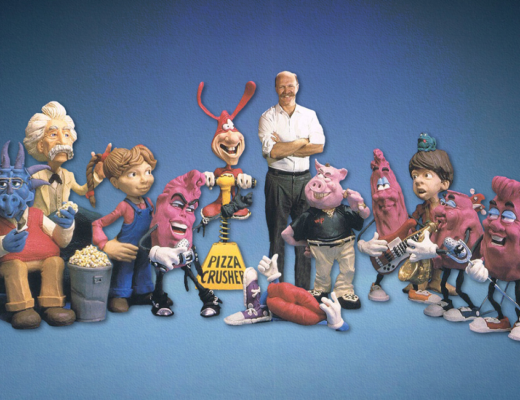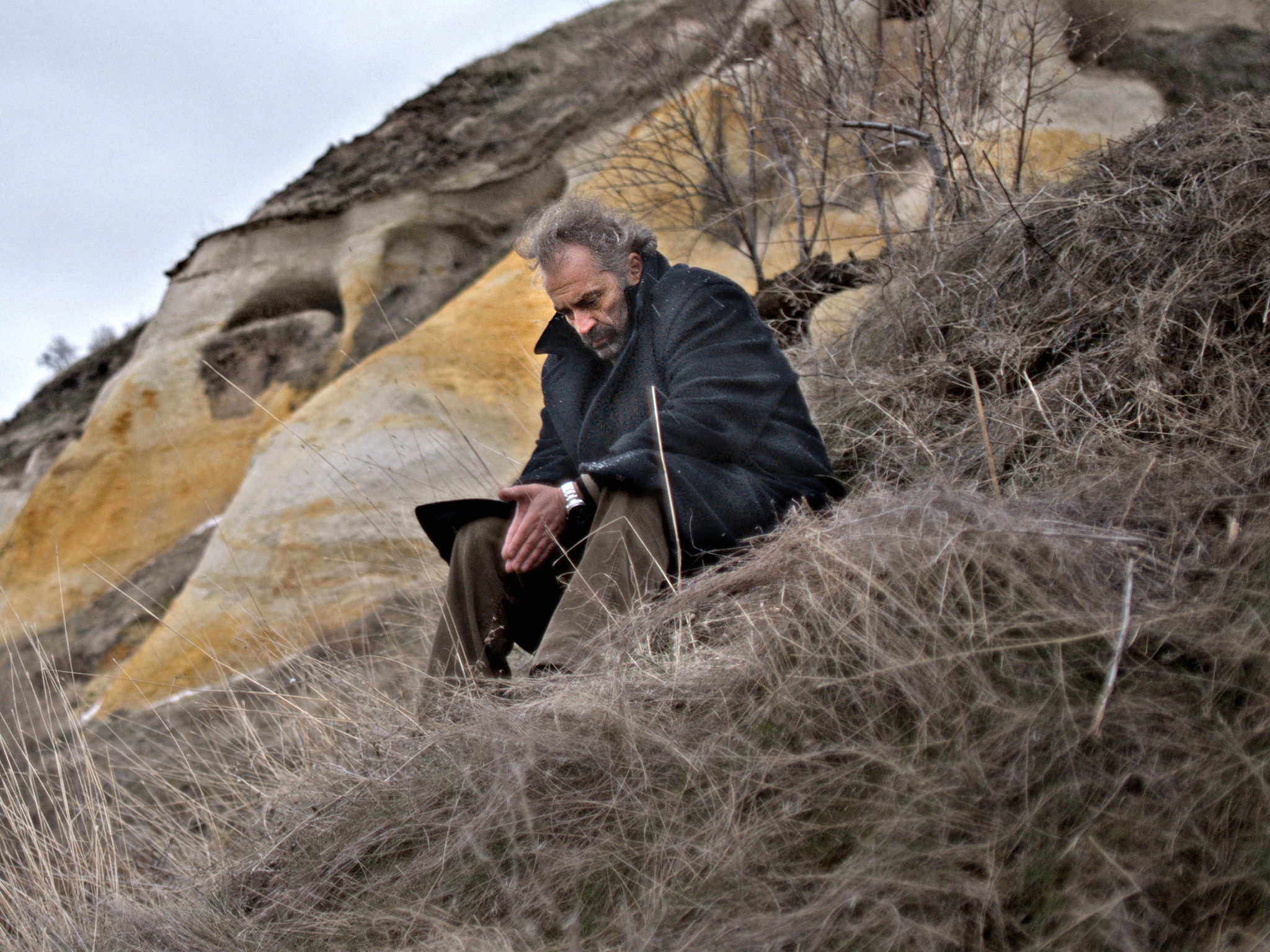The central premise of Susanne Bier’s Bird Box sounds like some unholy (and unlikely) mashup of John Krasinski’s A Quiet Place and M. Night Shyamalan’s The Happening, without the stylistic freshness of the former or the go-for-broke battiness of the latter. If we’re playing a game of This-or-That, Bird Box is worse than A Quiet Place but better than The Happening — if by “better” we’re talking about a stricter fidelity to the ideals of classical Hollywood cinema (and basic logic). Yet there’s something about Bird Box that doesn’t add up; its post-apocalyptic tale of an unknown catastrophe — that drives those unfortunate enough to look directly at it to suicide, like some twisted invisible Medusa — feels painfully familiar. Sandra Bullock stars as a woman trying to guide her blindfolded children to safety at the end of a river, while her story unfolds slowly in flashback, beginning in a suburban refuge that plays home to a disparate group of survivors. Yet the film’s very structure reveals that none of these people will make it. And while Bier is busy demonizing the one character with any sense (John Malkovich’s dickish know-it-all who turns out to be right about everything at every turn), she’s also hard at work undercutting her film’s natural suspense by focusing on the backstory rather than the events set in the present — which are, by far, the most interesting parts.
Bier’s insistence on constantly explaining the characters’ circumstances leaves very little room for real mystery.
A Quiet Place worked because it not only deprived the characters of sound, but it deprived the audience, too; it deployed its sound design like a weapon, so that each rustling leaf or cracking branch had an impact. Bird Box doesn’t have the guts to take away the audience’s sight, so it blindfolds its characters and leaves the audience with all their faculties. It’s a classic Hitchcockian suspense technique; show the audience the gun, but don’t show it to the characters. But Hitchcock was a director who knew when to show his hand, and when to hold his cards close to the vest — by contrast, and by the time we reach the end of Bird Box, it becomes clear that Bier has been bluffing all along. This film’s suspense, and in fact its entire premise, feels fundamentally dishonest. And while Bier spares us any explanation of the apocalypse, she still over-explains other elements of her film. Bird Box works best when it’s just a mother and her two children on a boat, isolated and alone in a strange world that they cannot see — Bier’s insistence on constantly explaining the characters’ circumstances leaves very little room for real mystery. One may even find themselves longing for the earnestly batshit The Happening; at least Shyamalan shot for the moon before he crashed to earth (and landed amongst some vengeful trees). Bird Box just plays too frustratingly safe, dour, and dull.
You can currently stream Susanne Bier’s Bird Box on Netflix.







